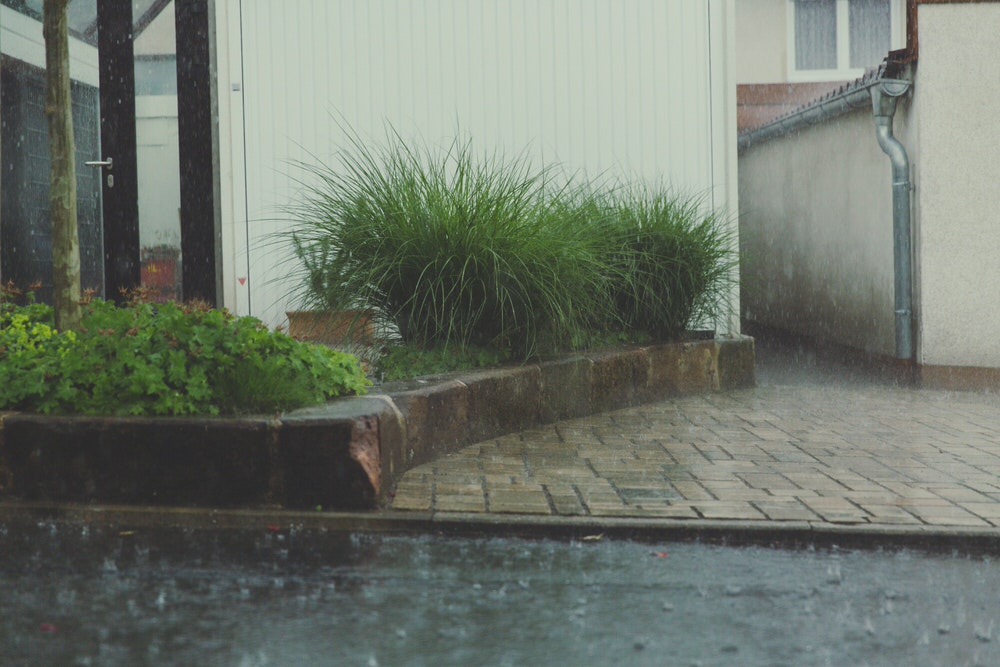Flooding can happen anywhere, at any time. When a flood hits, it can cause severe damage to your home and belongings. If you live in an area that is prone to flooding, it is essential to take steps to prepare your home so that you can minimize the damage if a flood does occur. The blog post will discuss some tips on preparing your home for a potential flood.
1) Elevate Your Furniture And Appliances
One of the best ways to prevent damage to your belongings during a flood is to elevate them off the ground. This includes furniture, appliances, and any other items that you can move. If possible, move these items to an upper floor or onto higher shelves.
If you cannot move your belongings to a higher level, consider placing them in plastic storage containers that are watertight. Make sure to label each container with what is inside so that you can easily find them after the flood has subsided.
You may also want to invest in waterproof covers for your furniture and appliances. These covers will help keep moisture out and protect your belongings from any potential damage.
2) Install Flood Protection Devices
There are a number of devices that you can install around your home to help protect it from flooding. One option is to install flood gates or barriers. These devices can be placed over doors and windows to keep water from entering your home.
Another option is to install a sump pump. This device will remove any water that does enter your home and pump it out so that it does not cause any damage.
You may also want to consider installing an alarm system that will notify you if there is water present in your home. This can help you take action quickly to prevent any further damage.

3) Prepare Your Home’s Exterior
There are a few things that you can do to prepare your home’s exterior for a potential flood. One is to make sure that all of your gutters and downspouts are clear of any debris. This will help ensure that water can flow freely away from your home.
Checking your drains is a good practice too. Making sure they are clear and unblocked may be key to limiting the amount of water that will be able to sit around your home. If you know you are in a possible flood risk area having a drainage survey is a great idea. Understanding where your drains are located, the state the pipes are in and ensuring they are clear will help give you some peace of mind.
You should also check around the perimeter of your home for any cracks or gaps. These can be sealed with caulk or another type of sealant to prevent water from entering your home.
Finally, you may want to consider building a barrier around your property. This could be something like a sandbag wall or a concrete fence. This will help protect your home from any potential floodwaters. If your home has been affected by flood water you should consider an emergency flood cleanup.
4) Store Important Documents And Valuables In A Waterproof Location
If a flood does occur, it is crucial to have all of your essential documents and valuables in a safe, waterproof location. This includes things like birth certificates, passports, insurance policies, and financial records.
You may want to keep these items in a waterproof safe or in a storage container that is sealed tight. You may also want to scan and save digital copies of these documents so that you can access them even if the originals are damaged.
It is also essential to keep any valuables that you have in a safe place. This includes jewellery, artwork, and family heirlooms. Consider storing these items in a safety deposit box at your local bank.
In conclusion, there are a number of things that you can do to prepare your home for a potential flood. By following the tips in this blog post, you can help minimize the damage that a flood may cause. Stay safe!
